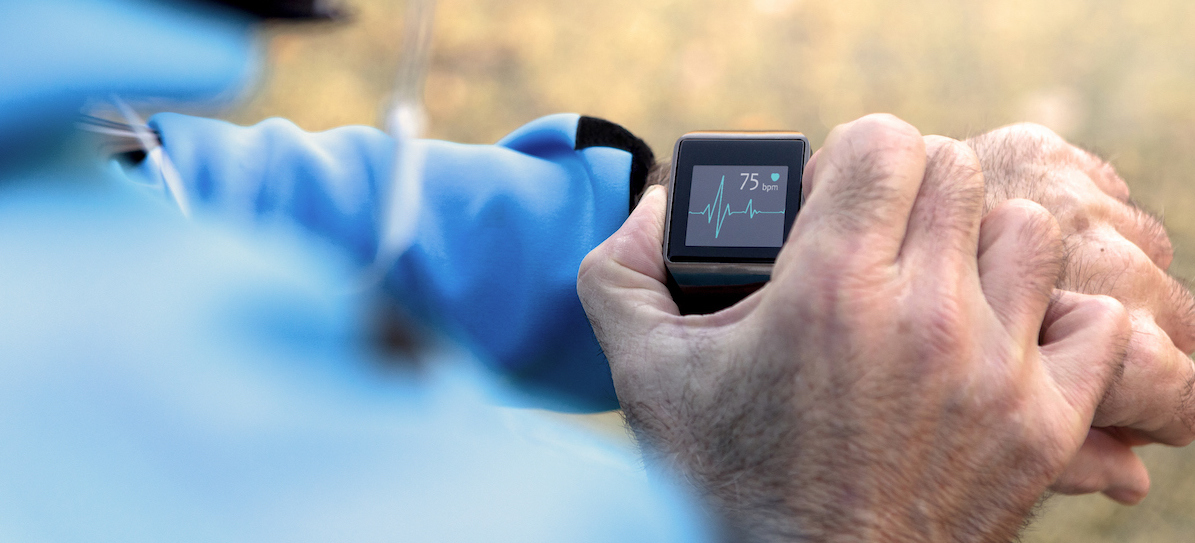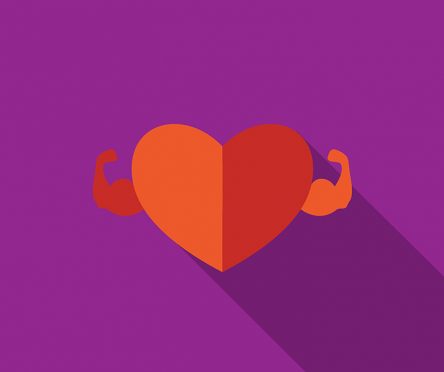Did you know your smartwatch can help your doctor track your health, including detecting potential serious issues like atrial fibrillation?
It’s true. Besides logging your steps, counting your calories and measuring your water intake, your smartwatch might save your life.
“The technology is very exciting,” said Dr. Sumeet Pawar, a cardiologist with Hartford HealthCare’s Heart & Vascular Institute, who practices in Mystic and Westerly, R.I. “Smartwatches, which track your heart rate, can detect issues like a racing heart or palpitations. A patient can discover through their smartwatch that they have a condition, including a potentially serious one like AFib.”
[pullquote]Researchers turn a smart speaker into a heart monitor. Find out how here.[/pullquote]
Atrial fibrillation, known as AFib, is an irregular and often rapid heart rate that can increase your risk of strokes, heart failure and other heart-related complications.
This ability to monitor patient’s heart rates remotely has been especially helpful during COVID, Dr. Pawar said, as patients are hesitant to make office visits, and a doctor can’t put a stethoscope on a patient’s chest during a virtual health visit.
“It’s great because it lets us know that something is going on, and then we can order tests to confirm a diagnosis,” Dr. Pawar said. “And with AFib, it can come and go, so the smartwatch can catch when the variations in heart rate occur, and we can see if it’s connected to certain times of day or certain activities. It helps me to see what treatment to use, or how a patient is responding to a treatment.”
Even better is that smartwatches can now be connected remotely to a patient’s MyChartPlus account. MyChartPlus is a secure website, or app, that gives patients access to their health information, including test results, health summary and immunizations and medications. Smartwatches such as Apple, Withings and FitBit can be synced with your MyChartPlus.


